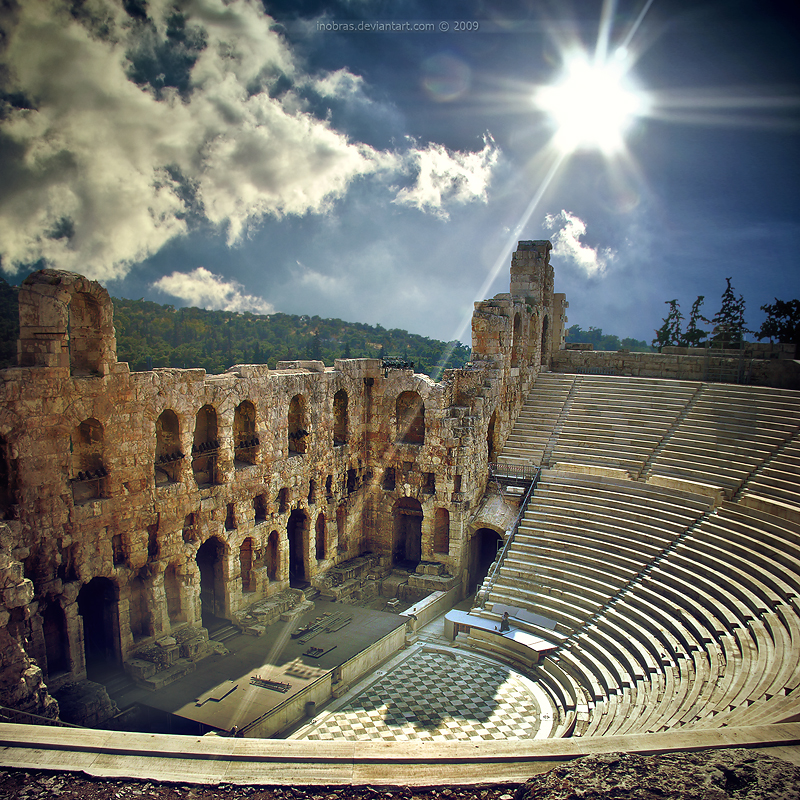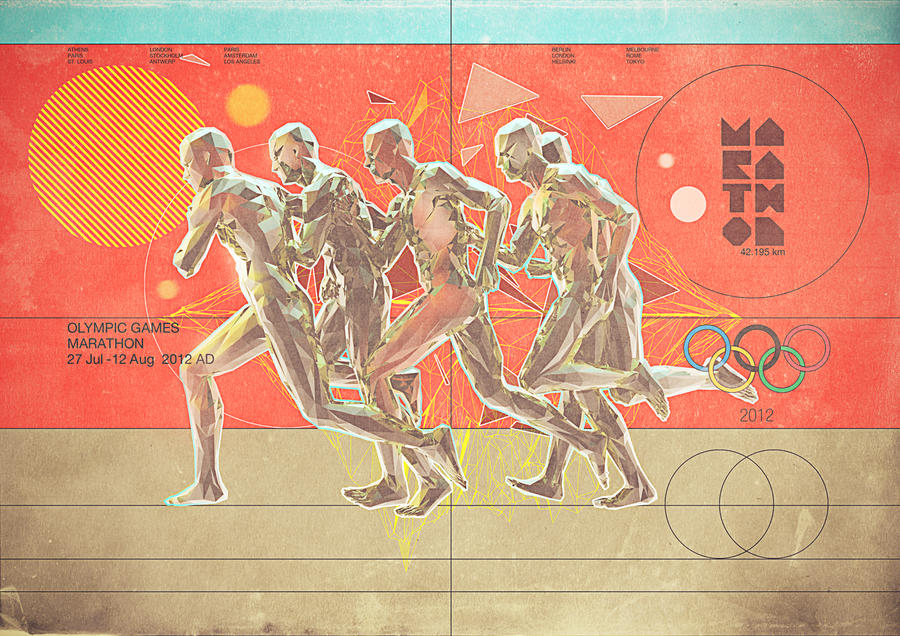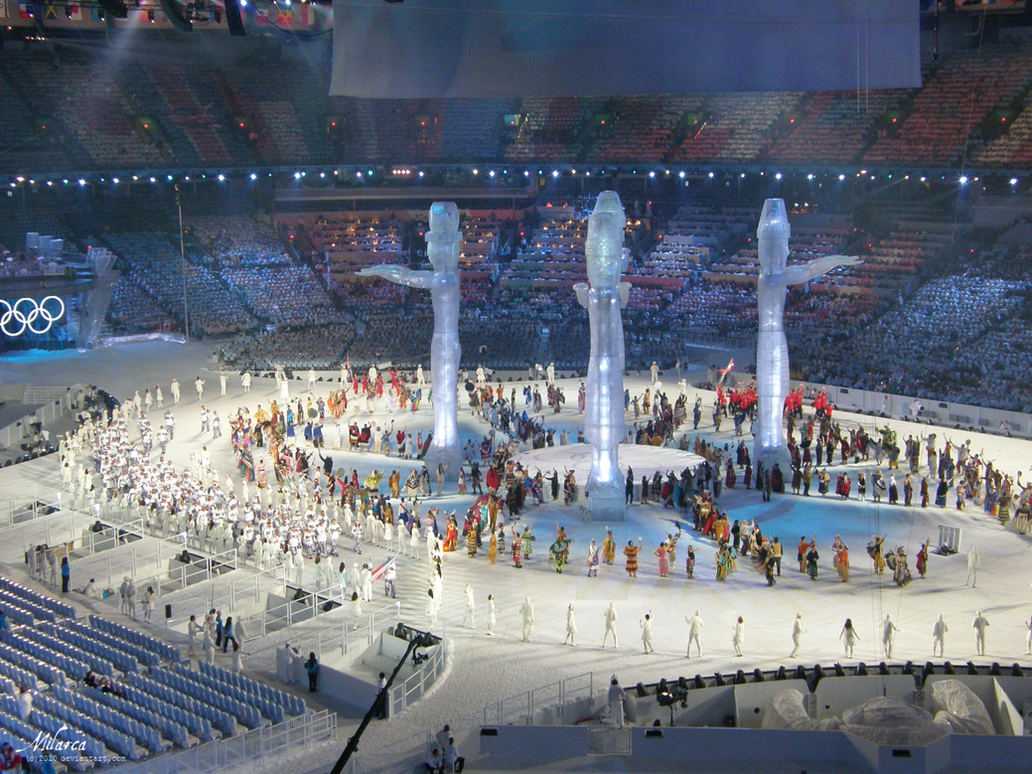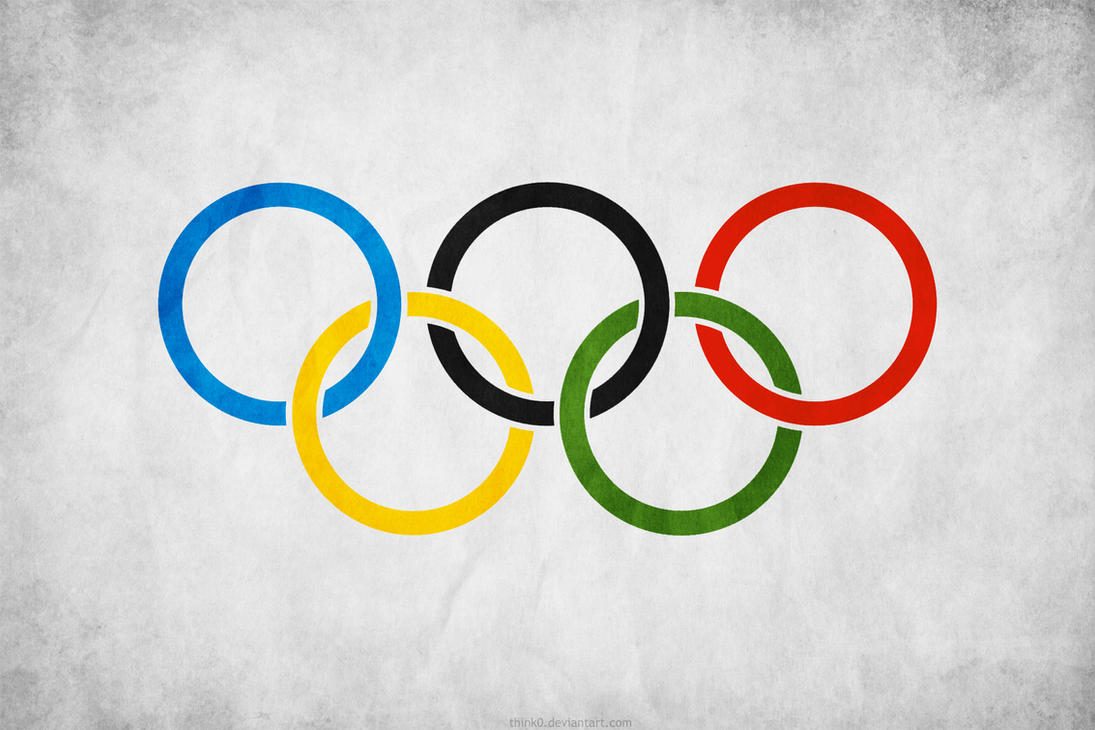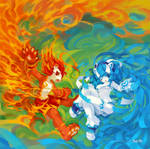Citius, Altius, Fortius
Did you know...?
The Ancient Olympic Games were a series of athletic competitions held for representatives of various city-states of Ancient Greece held in honor of Zeus. The Games were usually held every four years, this time measurement came to be known as an Olympiad.
The exact origins of the Games are shrouded in myth and legend but records indicate that they began in 776 BC in Olympia in Greece. They were celebrated until 394 AD when they were suppressed by Theodosius I as part of the campaign to impose Christianity as a state religion.
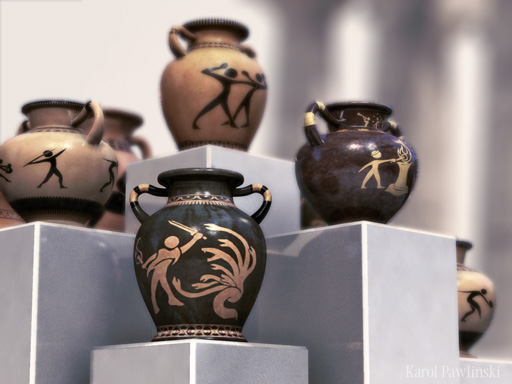
The Olympic Games were resurrected by initiative of Baron Pierre de Coubertin who founded the International Olympic Committee (IOC) in 1894. The first Olympic Games of the Modern Era were held where it all began: in Athens, Greece in 1986. Since then they have been celebrated every four years with the only exceptions of 1916, 1940 and 1944 when they were cancelled due the World Wars.
The first Winter Olympic Games were held in
Chamonix, France in 1924. At first the Winter Games were celebrated the same year as their summer counterparts, until 1994 when with the Games of Lillehammer they started being intercalated every two years.
The first Paralympic games were held in Rome in 1960, the first Youth Summer Olympics in Singapore in 2010 and the first Youth Winter Olympics in Innsbruck in 2012.
The Olympic Games are considered to be the world’s foremost sports competition, they have grown in scale to the point that nearly every nation is represented with more than 200 nations competing. Such growth has created numerous challenges, including boycotts, doping, bribery, and terrorism. Every two years, the Olympics and its media exposure provide unknown athletes with the chance to attain national, and in some cases, international fame. The Games also constitute a major opportunity for the host city and country to showcase themselves to the world.
Faster, Higher, Stronger
Olympism is a philosophy of life, exalting and combining in a balanced whole the qualities of body, will and mind. Blending sport with culture and education, Olympism seeks to create a way of life based on the joy of effort, the educational value of good example, social responsibility and respect for universal fundamental ethical principles.
The goal of Olympism is to place sport at the service of the harmonious development of humankind, with a view to promoting a peaceful society concerned with the preservation of human dignity.
It's symbol is five interlaced rings and represents the union of the five continents and the meeting of athletes from throughout the world at the Olympic Games.
The Olympic motto “Citius – Altius – Fortius” expresses the aspirations of the Olympic Movement which is Latin for "Faster, Higher, Stronger".
Sources: Wikipedia, articles: en.wikipedia.org/wiki/Olympic_… en.wikipedia.org/wiki/Ancient_… en.wikipedia.org/wiki/Olympic_… and The Olympic Charter
Characters with Olympic Spirit
Since the 1968 Winter Olympics in Grenoble, France, the Olympic Games have had a mascot, even though the first oficially recognized one was Waldi, the Dachshund dog, mascot of the games of Munich 1972. The first major mascot was Misha, the bear cub from the games of Moscow 1980. Nowadays, most of the merchandise aimed at young people focuses on the mascots, rather than the Olympic flag or organization logos.
The mascots are also the subject of inspiration for many artists to create fanworks. So now to commemorate the upcoming celebration of the Games of the XXX Olympiad in London, here is a collection of deviations inspired in the Olympic movement, sports and mascots.
Links of interest
Official website of the Olympic Movement
- olympic.org
Upcoming Games
- London 2012
- Sochi 2014
- Rio de Janeiro 2016
- PyeongChang 2018
Olympic themed Groups
OlympicGames
OlympicAthleteFans
Olympic-Mascot-FC
